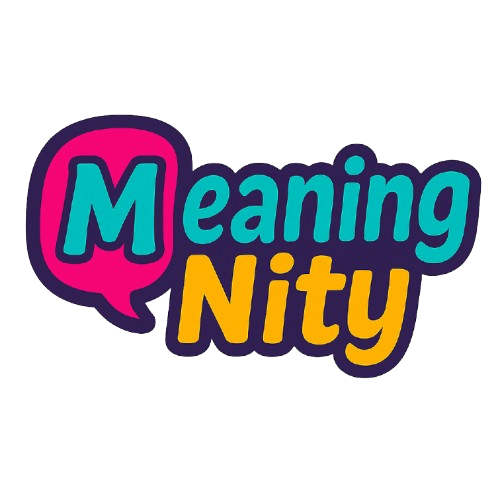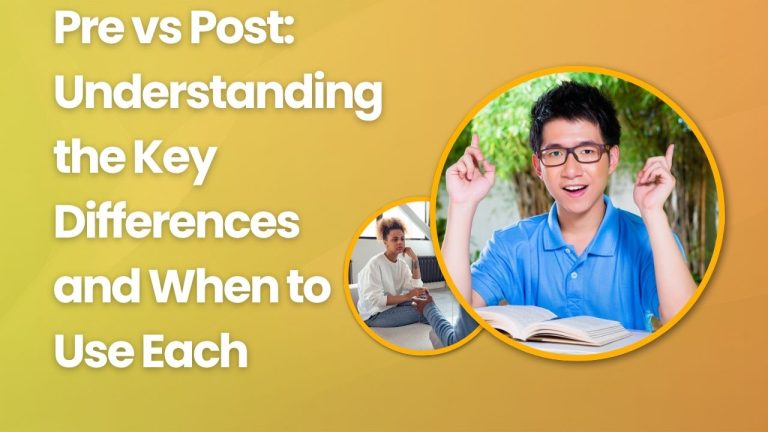24 Ways to Say “Sorry to Bother You” Professionally
In business settings, we often need to reach out, follow up, or request something without coming across as intrusive. That’s where a phrase like “Sorry to bother you” comes in. It’s polite, but sometimes overused or slightly apologetic. Luckily, there are plenty of professional ways to express the same idea with grace and clarity. Below,…










